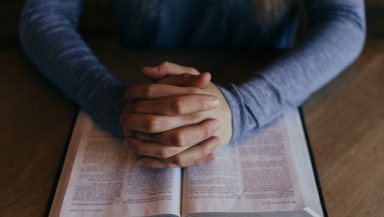
Four in ten Americans no longer believe that churches and other houses of worship make a difference when it comes to tackling social concerns, according to Pew Research Center findings.
Although a majority of US adults still say that religious institutions contribute either "a great deal" (19 per cent) or "some" (38 per cent) to solving important social problems, the combined figure of 58 per cent has fallen significantly in recent years, with 39 per cent saying that religious institutions make little or no contribution to this area.
In July 2012, roughly two-thirds of respondents (65 per cent) said churches and other houses of worship played at least some role in solving society's problems, while four years previously, in August 2008, three-quarters (75 per cent) said religious institutions contributed "a great deal" or "some".
Part of the explanation in the downward trend is the rise in religious "nones" – atheists, agnostics and those who say their religion is "nothing in particular". A minority of religious "nones" (38 per cent) say religious institutions contribute at least some help to solving social problems, compared with, for example, 65 per cent of Protestants and 63 per cent of Catholics.
However, Pew pointed out that the rise in "nones" was not the only reason for the decline.
Michael Lipka, a senior editor focusing on religion at Pew Research Center, said that,"Even among US adults who do affiliate with a particular religion, the view that churches help solve social problems has become less widespread. Among white evangelical Protestants, for instance, seven in ten now say religious institutions contribute "a great deal" or "some" to solving important social problems, down 16 percentage points from 2008. And among white Catholics, 61 per cent take this view, down 18 points over this eight-year span. Older and younger Americans, Republicans and Democrats and those who attend religious services regularly and less often all have become less likely to see churches and other houses of worship as key problem-solvers in society."
















